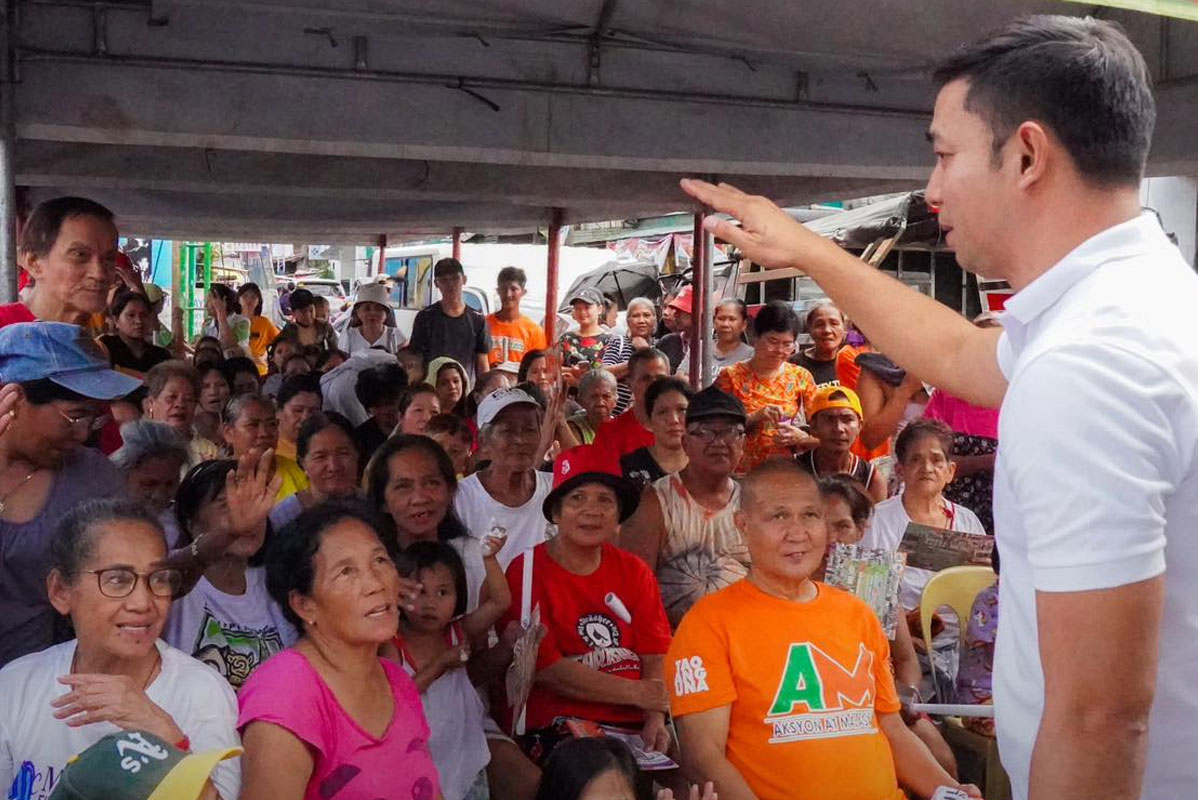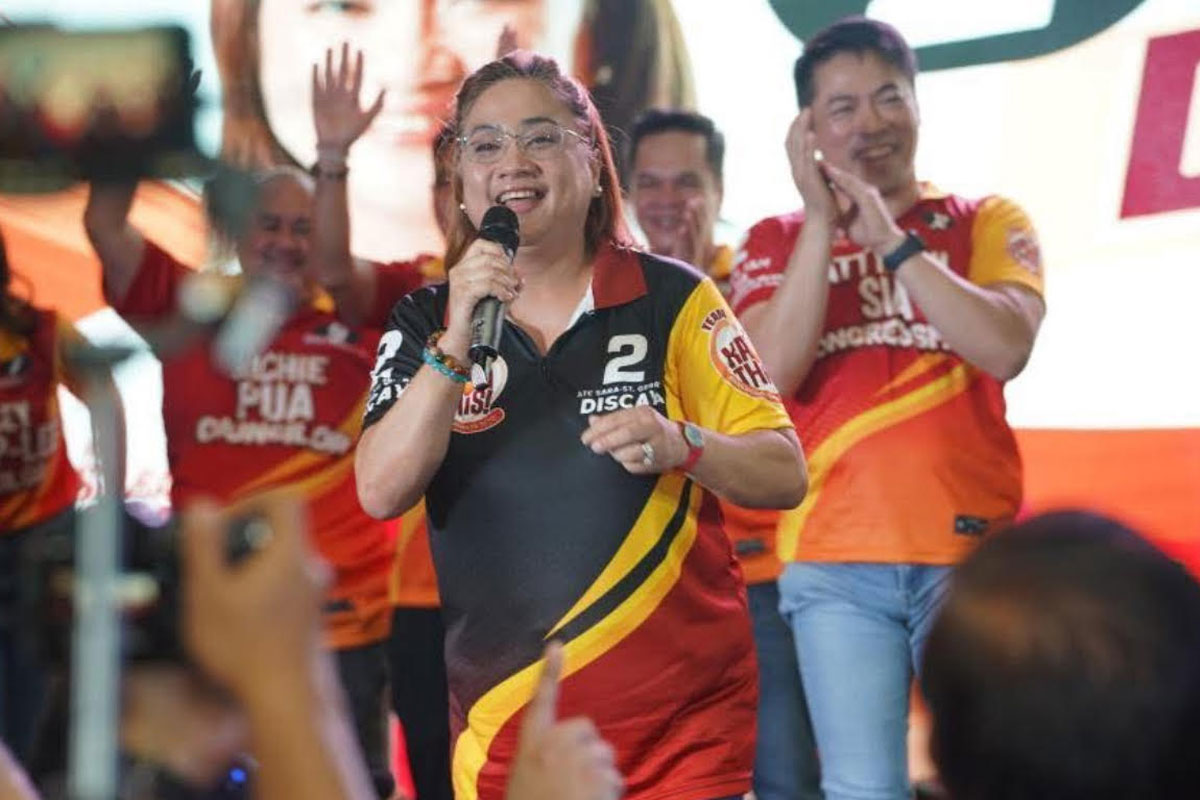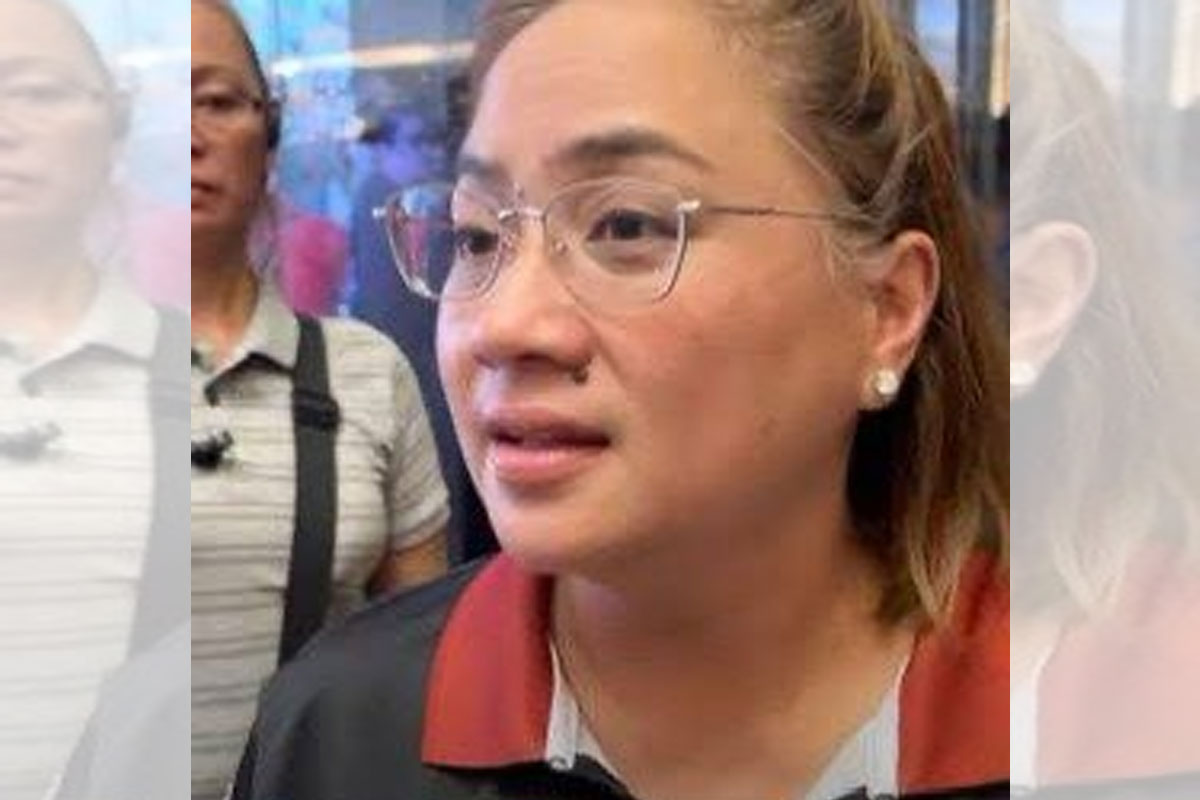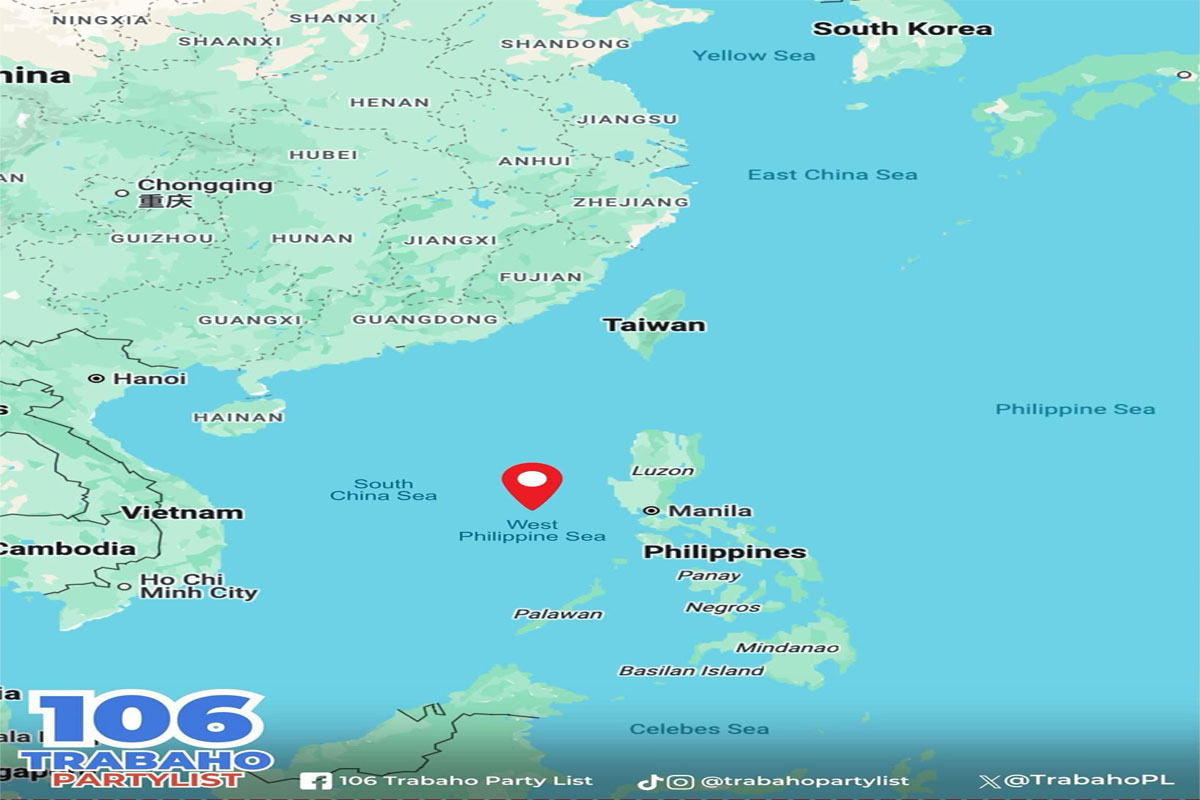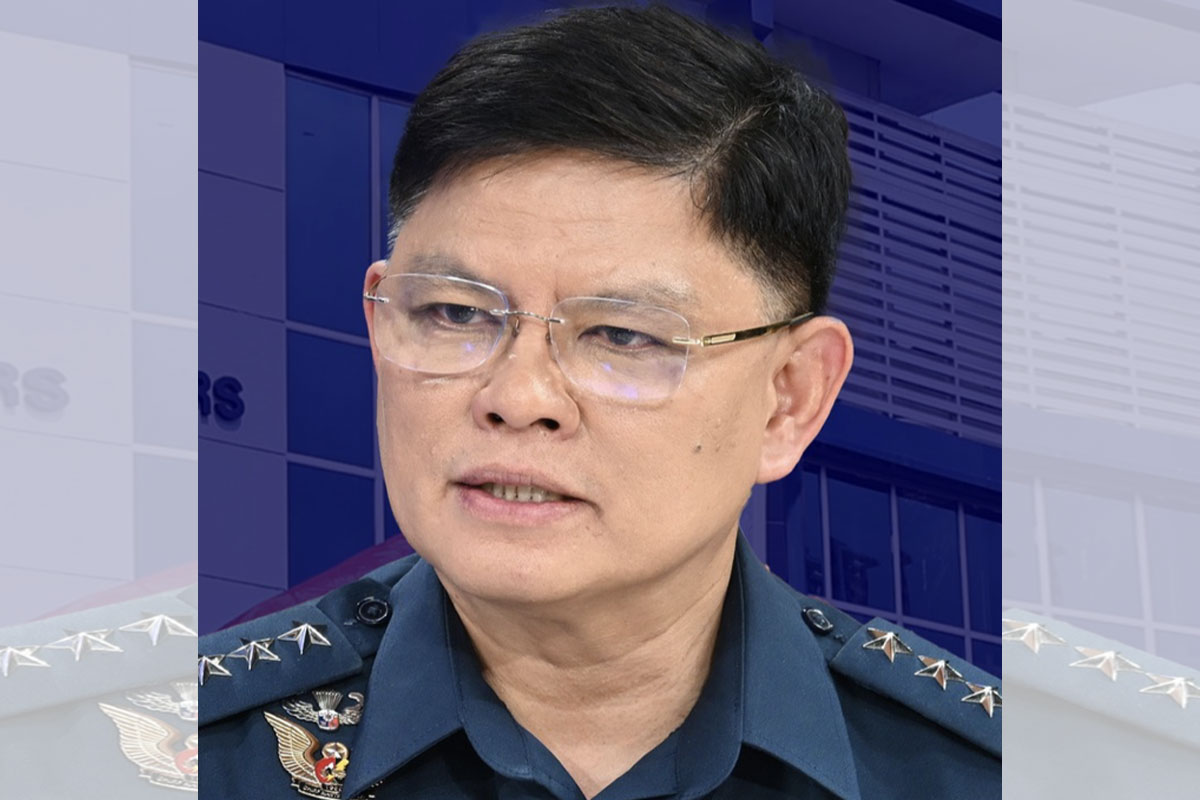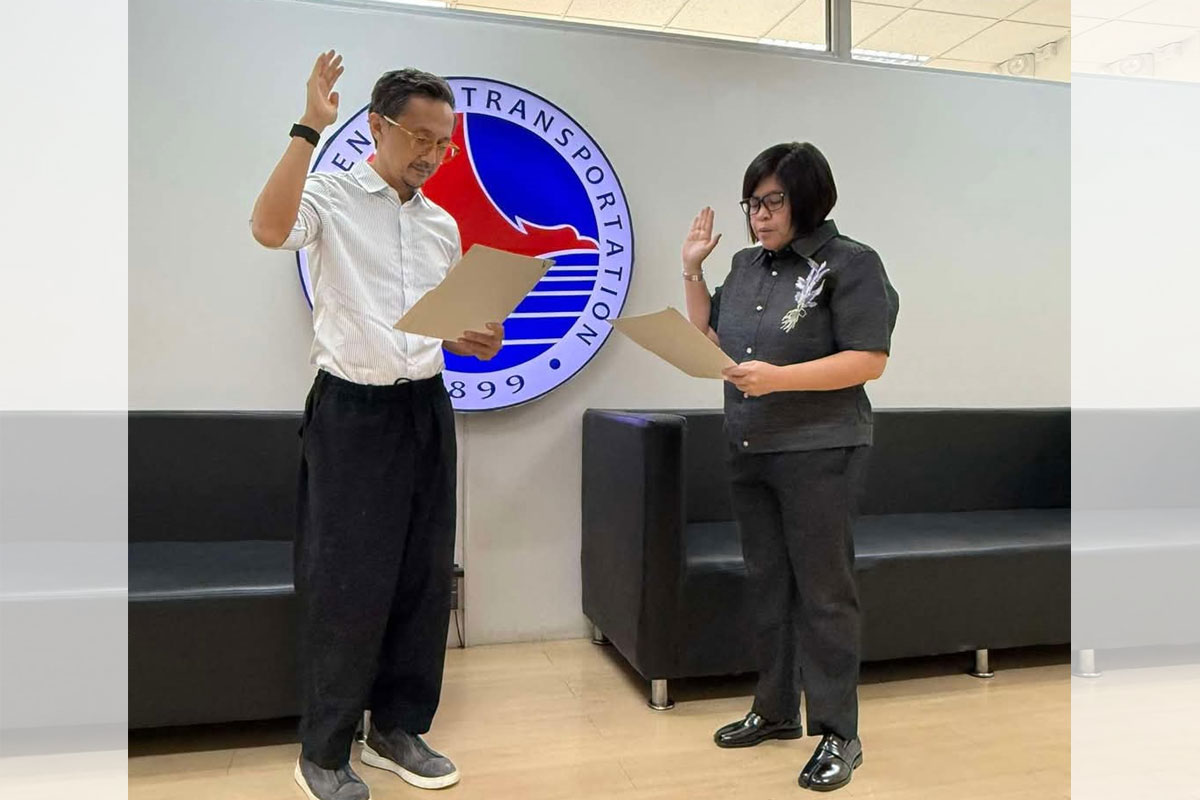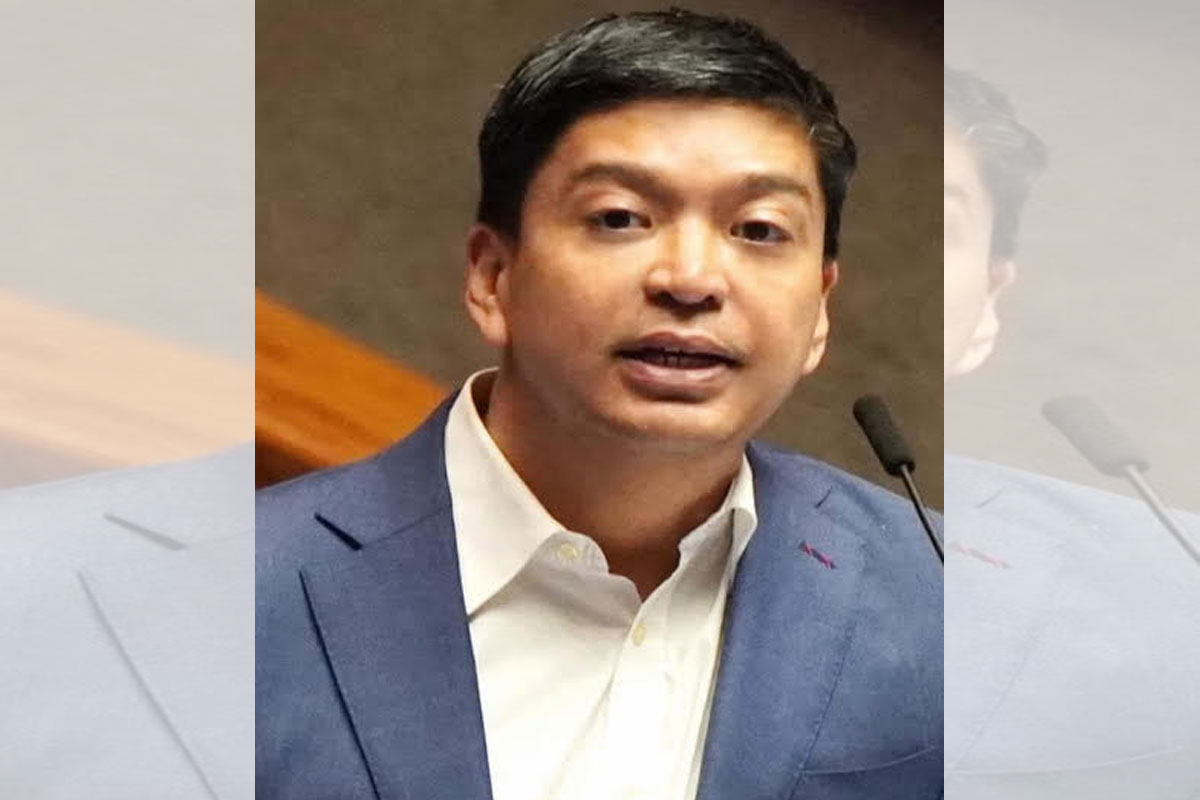
RENTAL SUBSIDY
CAMARINES Sur Representative LRay Villafuerte is hoping that the Senate has time left to pass its counterpart bill to the approved House-proposed rental subsidy program that will set aside a maximum aid of P3,500 to cover the rent of the temporary abodes of every informal settler family-beneficiary of socialized housing projects from the time they are made to leave their current dwellings up to when they are able to transfer to their government-build low-cost homes.
Villafuerte said: “The 19th Congress can set this rental subsidy plan for homeless families in motion—in support of President Marcos’ goal of providing livable and affordable houses for homeless Filipino families—if the Senate were to pass its version of this House-approved proposal when both legislative chambers reopen in June.”
The National Unity Party (NUP) president and former CamSur governor was referring to House Bill (HB) No. 9506, or the Rental Housing Subsidy Program Act,” which the chamber passed on third and final reading by a 255-3-0 vote last December.
HB 9506 had consolidated several housing-related measures, including HB 305 that Villafuerte had authored with fellow CamSur Reps. Miguel Luis Villafuerte and Tsuyoshi Anthony Horibata plus the Bicol Saro Party-list.
“I remain hopeful that the Senate could still pass a counterpart bill before the 19th Congress adjourns sine die this June,” Villafuerte said.
“Under this House-approved social protection proposal, a Rental Housing Subsidy Program shall be established by the government to enable informal settler beneficiaries (ISBs) to access the formal housing market through the DHSUD (Department of Human Settlements and Urban Development) and lead decent lives during the transition period between their leaving their current informal settlement dwellings and their relocation to their new and permanent abodes in government-built mass housing projects,” Villafuerte said.
“In HB 9506, eligible beneficiaries among informal settlers shall receive a rental subsidy to address their temporary relocation prior to their actual transfer to their new homes in mass housing sites,” he said. “The amount of the subsidy, which shall not exceed P3,500 per beneficiary-family, shall be based on, among others, the prevailing rental rates in the concerned locality and the economic standing and potential of the family.”
He said the Marcos administration’s medium-term plan—the Philippine Development Plan (PDP) 2017-2022—“highlights the importance of healthy housing conditions and well planned urban development in achieving inclusive growth and a globally competitive economy.”
Citing Philippine Statistics Authority (PSA), Villafuerte said there are about 4.5 million homeless people in our country, three million of whom are in Metro Manila.
“This number of homeless people is possibly the most in any city in the world as estimated by some organizations,” he said.
He explained that poverty is not the sole reason for homelessness, as the Philippines’ unique condition in the Asia-Pacific Region “exposes our citizens to various disasters that are not apparent in other countries where housing is likewise a problem.”


